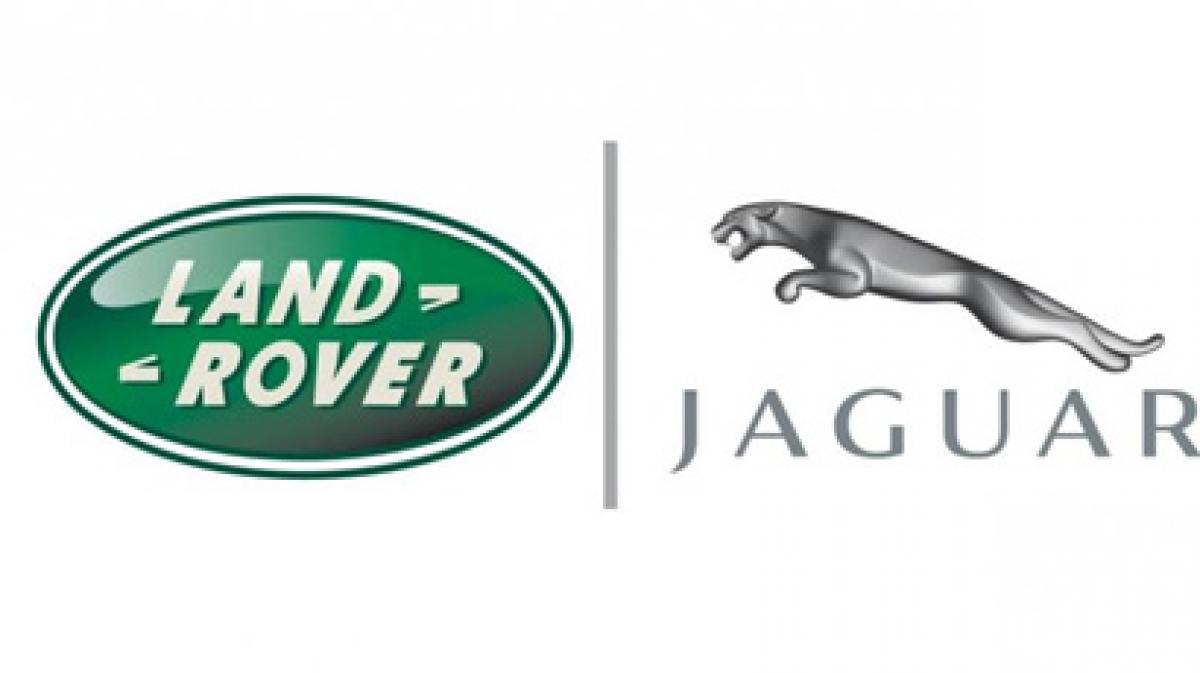Live
- ‘Kubera’ first glimpse looks interesting
- It took me 20 years to reach Sahnkar sir’s ears: Thaman S
- Gaurav Bhatia slams Congress for promising freebies to infiltrators in Jharkhand
- LIC’s entry into health insurance to significantly boost its market share
- Why Covid-19 Vaccine protection wanes over time?
- First Look of Kaliyugam 2064 Unveiled by Mani Ratnam Ahead of Worldwide Release
- Sutraa Indian Fashion Lifestyle Exhibition kicked off at Taj Krishna
- Pokémon TCG Pocket to Introduce Card Trading in January 2025
- Nani unveils ‘MM 2’ title & first look
- Will challenge bail granted to actor Darshan in fan murder case in SC: Bengaluru Police Commissioner
Just In

In a strong criticism of the ban on high-end diesel car sales, Tata-owned luxury carmaker Jaguar Land Rover has said the air sucked in by its latest technology vehicles on Delhi roads is “far dirtier” than what they emit.
In a strong criticism of the ban on high-end diesel car sales, Tata-owned luxury carmaker Jaguar Land Rover has said the air sucked in by its latest technology vehicles on Delhi roads is “far dirtier” than what they emit.
“The latest EU VI regulation schemes have got technical features, which (can) clean the air in Delhi. These kind of vehicles drive like a hoover... The air they suck in is far dirtier than the air which comes out of it,” CEO of the UK-based JLR Ralph Speth said.
JLR is among the automobile companies hit hard by the apex court order in December last year banning registration of diesel SUVs and cars above 2000 cc in the entire National Capital Region till March 31.
Lashing out at the order, he said: “If you ban these kind of vehicles, I don’t understand. Sorry it is over my horizon.”
He said if the aim is to reduce pollution and improve air quality then a comprehensive measure has to be taken, including banning of old cars and controlling other sources of pollution and “not just come up with a single solution, exactly with wrong advice and wrong technology”.
Expressing disappointment at the Supreme Court order, Mr Speth said: “I am an engineer. It (the order) has nothing to with market and nothing to do with anything. What triggered such a decision from a technology point of view? From a technological point of view this kind of decision is unreasonable.”
To overcome the ban, JLR is looking at bringing in more petrol variants of its different models. The company is already selling petrol variants of the Jaguar XJ, Range Rover Sport. The company has also launched two petrol variants of the new Jaguar XE.
According to automobile industry body, the Society of Indian Auto-motive Manufacturers (SIAM), 37 per cent of all passenger cars sold in India were diesel variants.
Indians have traditionally been favouring diesel variants because of its low price compared to petrol. Though the sales of diesel cars have been affected partially after the government phased out diesel subsidy, which closed the gap between diesel and petrol, most SUVs and luxury cars continued to run predominantly on diesel.
India, however, is not the only country where diesel variants are facing opposition. In 2015, the opposition to diesel cars has increased Europe as activists have called for a ban because of its high emission of nitrogenoxide.
In December 2015, the mayor of Paris called for diesel cars to be banned from the French capital by the year 2020.
In the United Kingdom, London Mayor Boris Johnson had proposed to introduce an ultra-low emission zone (ULEZ). People driving diesel cars in this zone would have to pay £10 in addition to the existing £10 congestion charge.

© 2024 Hyderabad Media House Limited/The Hans India. All rights reserved. Powered by hocalwire.com







